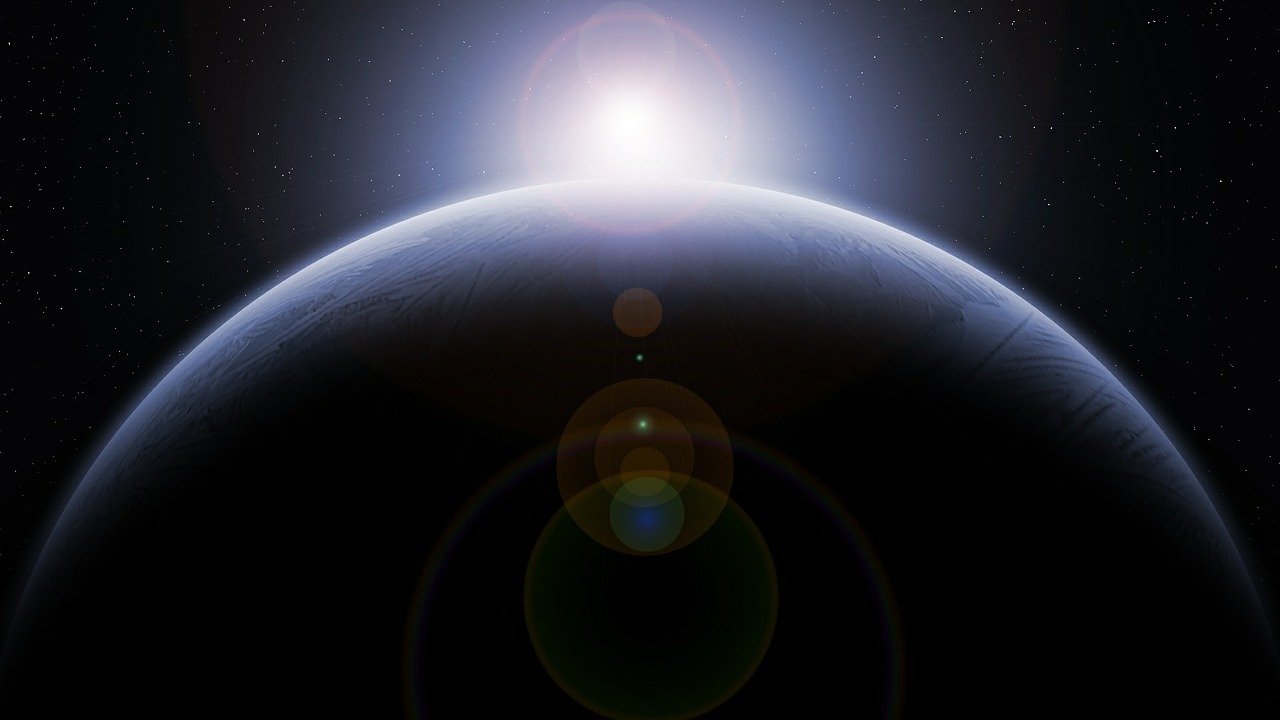Commercial space exploration is an interesting prospect, but there are also some concerns. Despite its benefits to humanity, commercial space tourism has a monopoly market, and some people suggest that resources should be used on earth to improve the chances of equal opportunity for all citizens. However, this kind of venture is still very expensive and will be dominated by the affluent class. Here are some reasons why space tourism should be avoided. Let’s explore some of these issues to see whether this industry is right for humanity.
Space tourism is a non-scientific form of space travel
The billionaire owners of space companies are planning to send more people into space. But this form of travel is primarily meant for the ultra-rich. If a catastrophic accident happens in space, it will likely have a negative impact on the spaceflight industry. Even though space tourism is currently an expensive luxury, it may soon be affordable for the affluent middle class. According to a 2010 Federal Aviation Administration report, space tourism could reach billions of dollars within 20 years.
It is dominated by the affluent
There is a growing market for space tourism, and the affluent are the driving force behind its development. According to recent estimates, 925 people have reserved flights to space, and that number could grow to as many as 11,000 over the next ten years. Based on a baseline scenario, space tourism will generate $600 million per year, with three thousand seats filled. The constrained scenario, however, predicts a lower number of flights – 2,000 seats filled – with the same revenue. Nevertheless, there is a corresponding growth projection based on the transformation of consumer behavior.
It is expensive
The costs of space travel are astronomical – flights to space cost $55 million each, and flights on the Blue Origin and Virgin Galactic rockets cost just over a million dollars. The price of a seat on the SpaceX rocket to the International Space Station will cost $55 million each. A seat on a Virgin Galactic rocket will cost $250,000, but the price of tickets to a space station experience is unknown. The first flight on Virgin Galactic’s SpaceShipTwo rocket is scheduled to launch in 2022. The company previously charged $250,000 for a seat, but has since reduced that price to $40,000 in the future.
It is dangerous
While space ventures are cool experiences for the ultra-rich and well-connected, their emissions threaten the planet and pose a serious threat to the environment. Blue Origin’s current rocket produces no carbon dioxide, but the next version will emit CO2-producing methane. While space tourism is exciting and potentially lucrative, astronauts and experts alike are concerned about the risks involved. While spacecraft must be made from materials that operate in microgravity, they must also withstand 3-G acceleration. The International Space Station is constantly at high speeds, and soot particles can damage it.
It is evolving
With the help of the recent technological developments, Space tourism is advancing. There are different components of Space tourism, such as space flights and satellite visits. Currently, seats on space flights are being sold by aerospace companies. Soon, online travel portals will also offer space travel. The future of Space tourism is the Moon and Mars, which are within reach. Space tourism is changing due to the advances made by new companies like SpaceX and Virgin Galactic.

